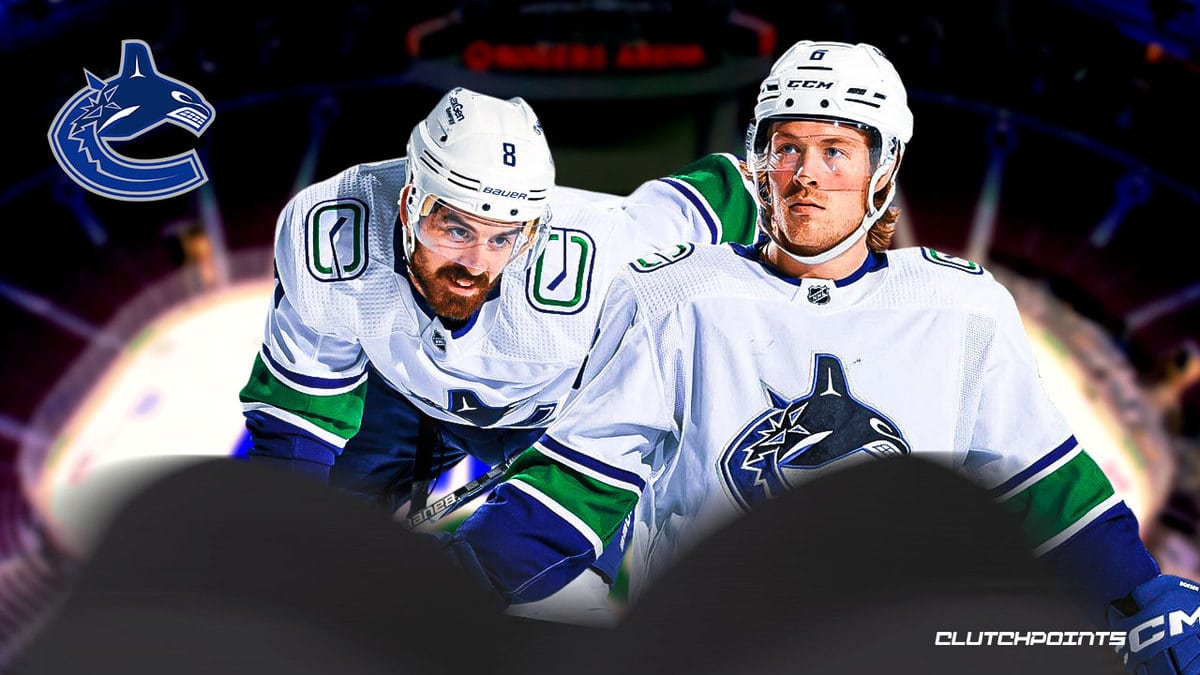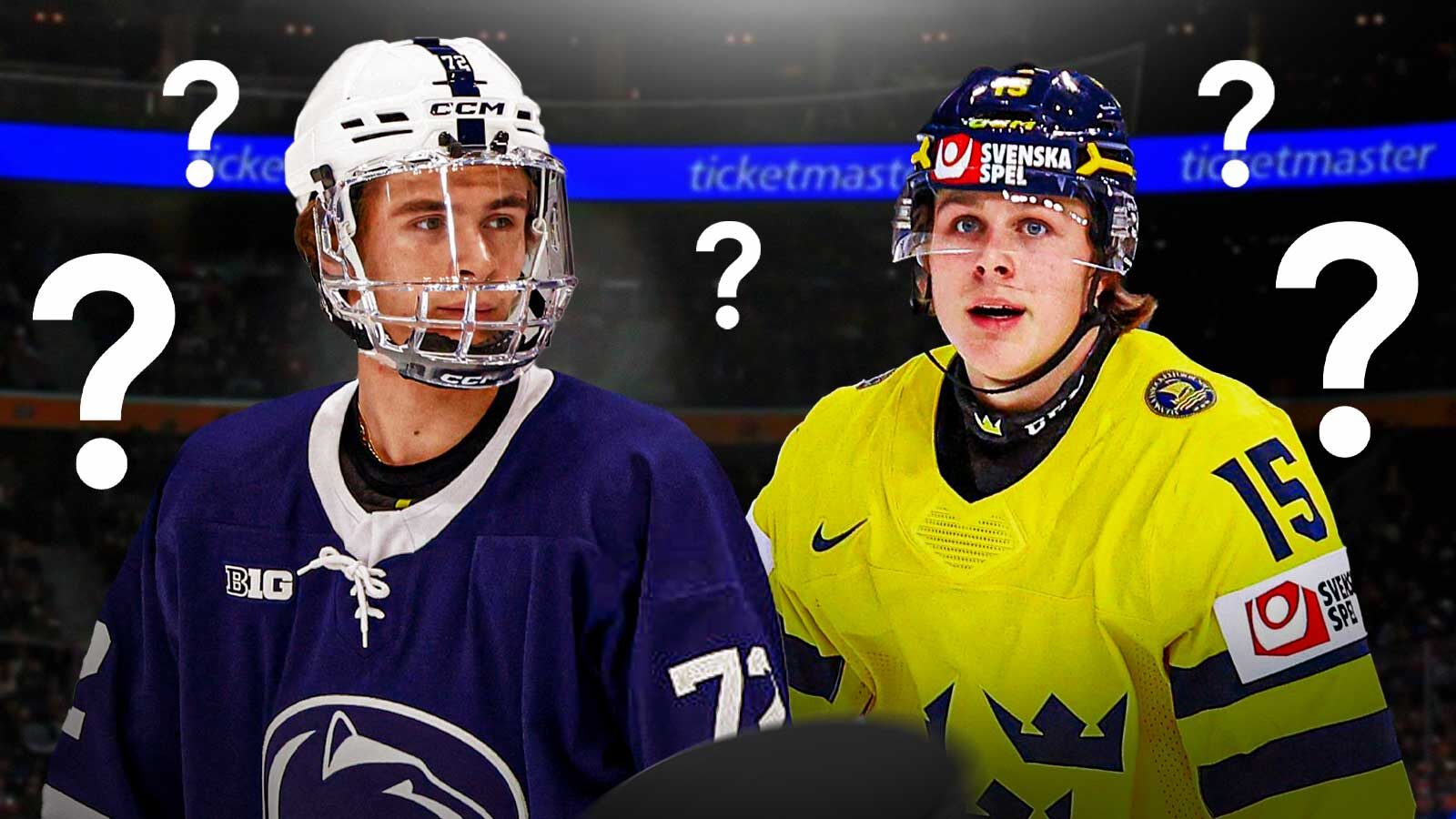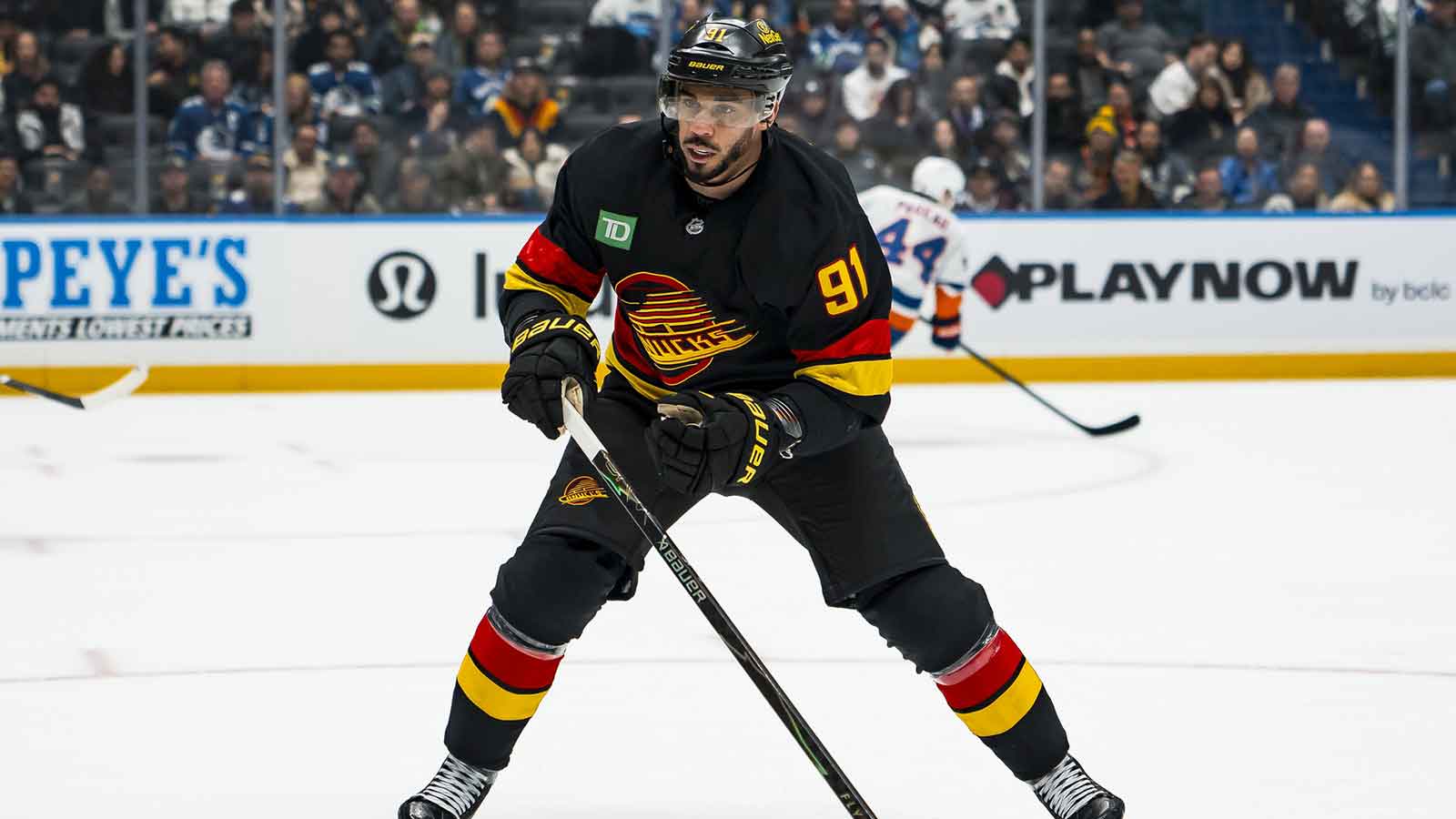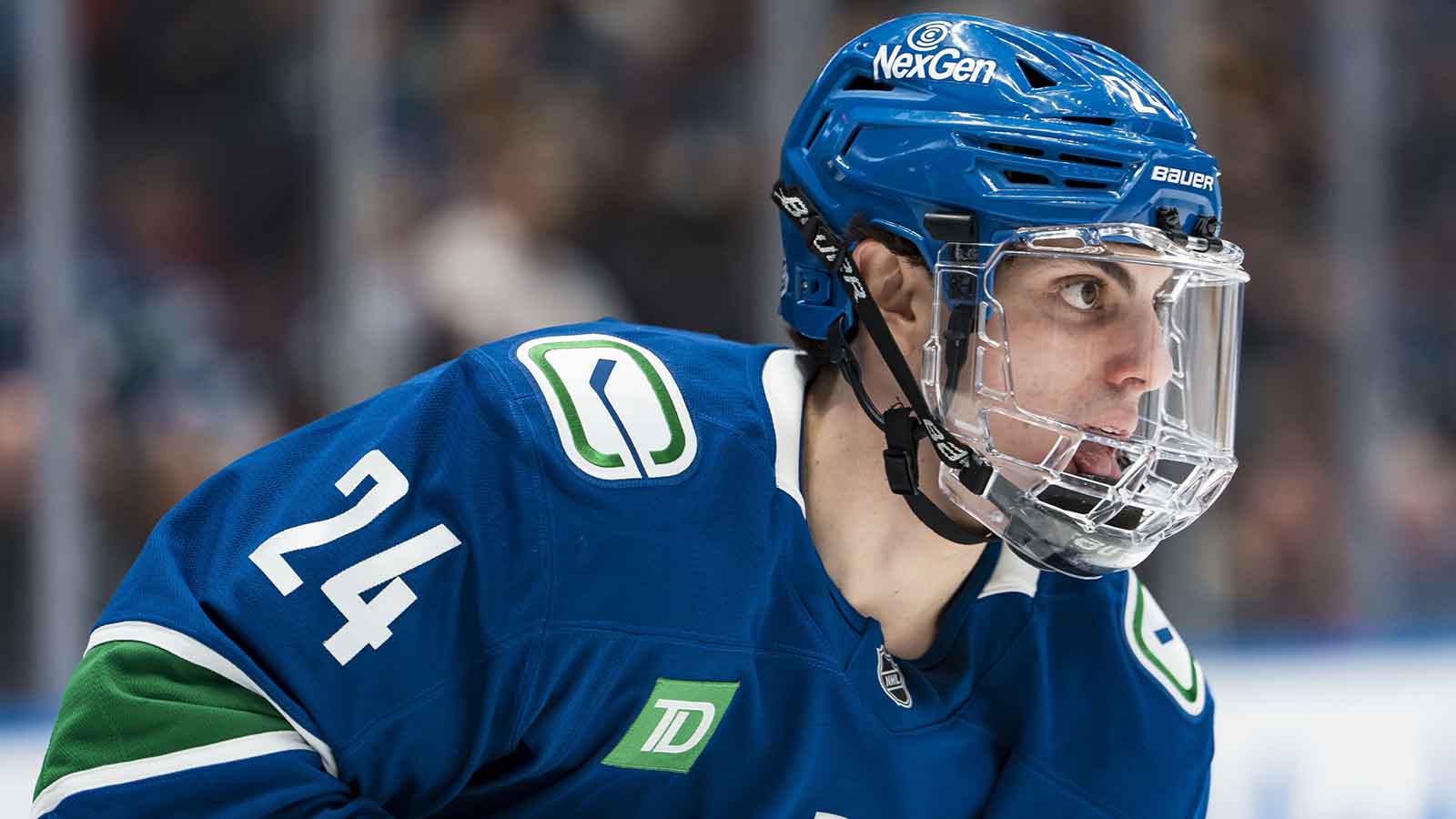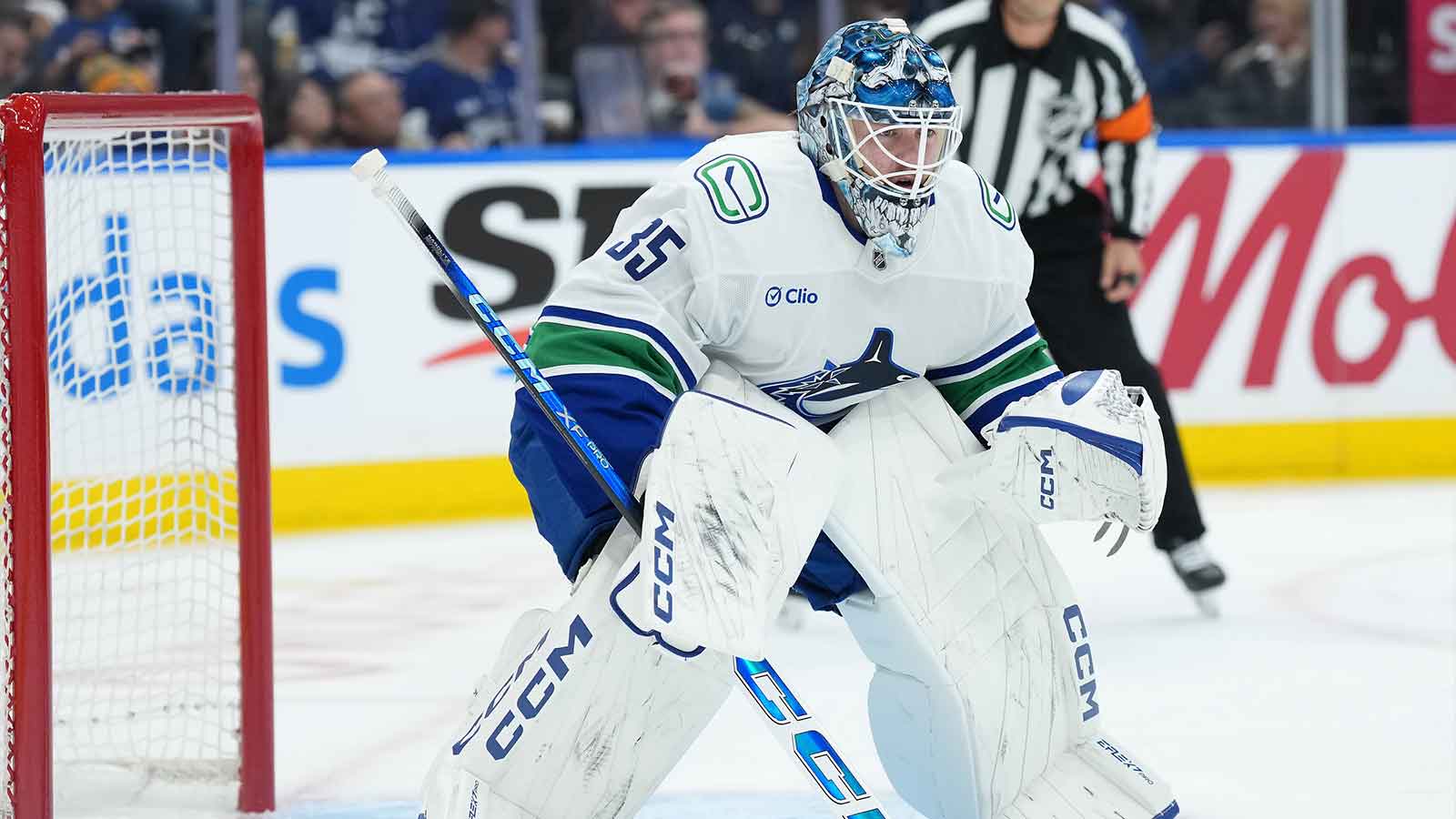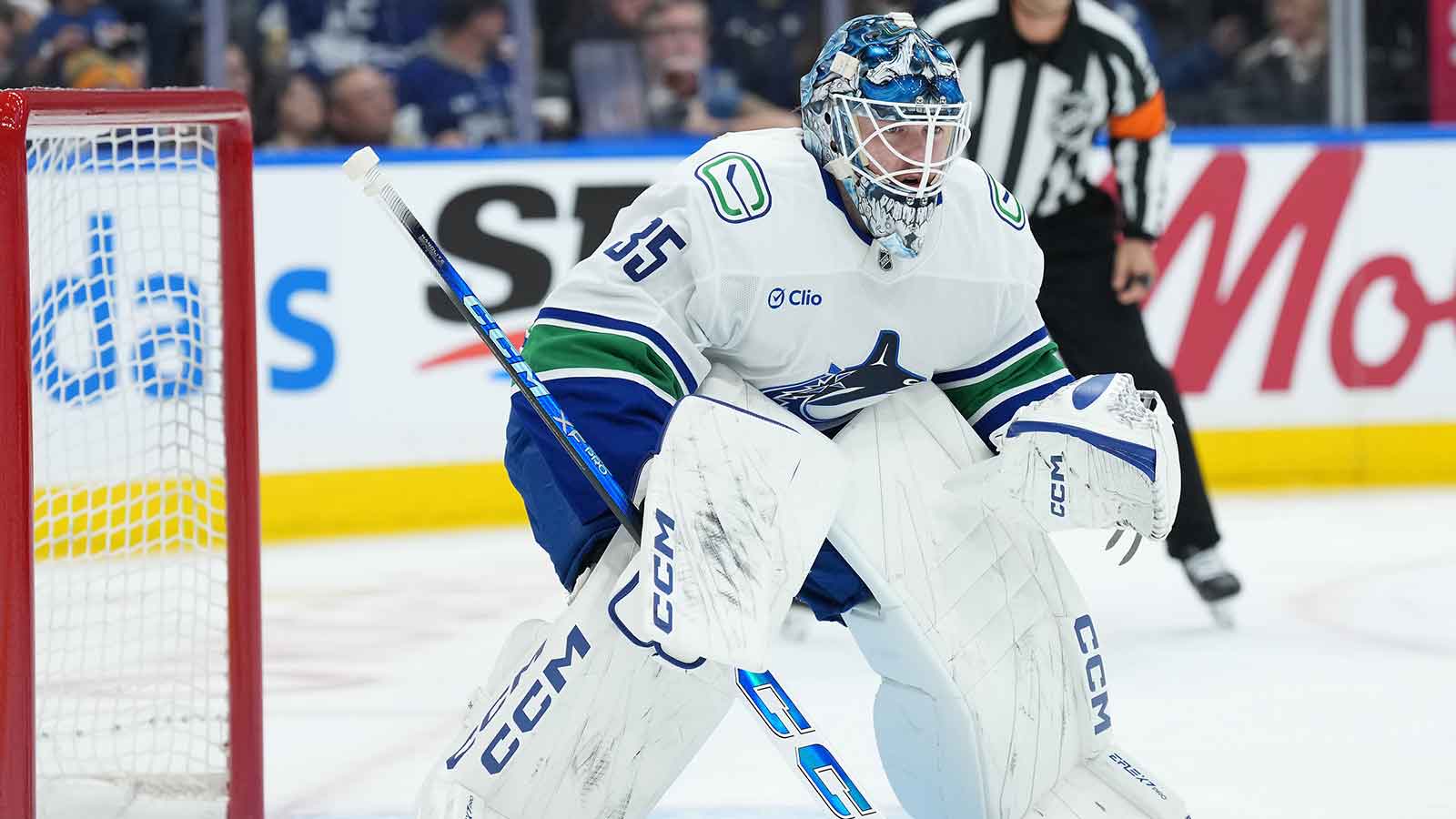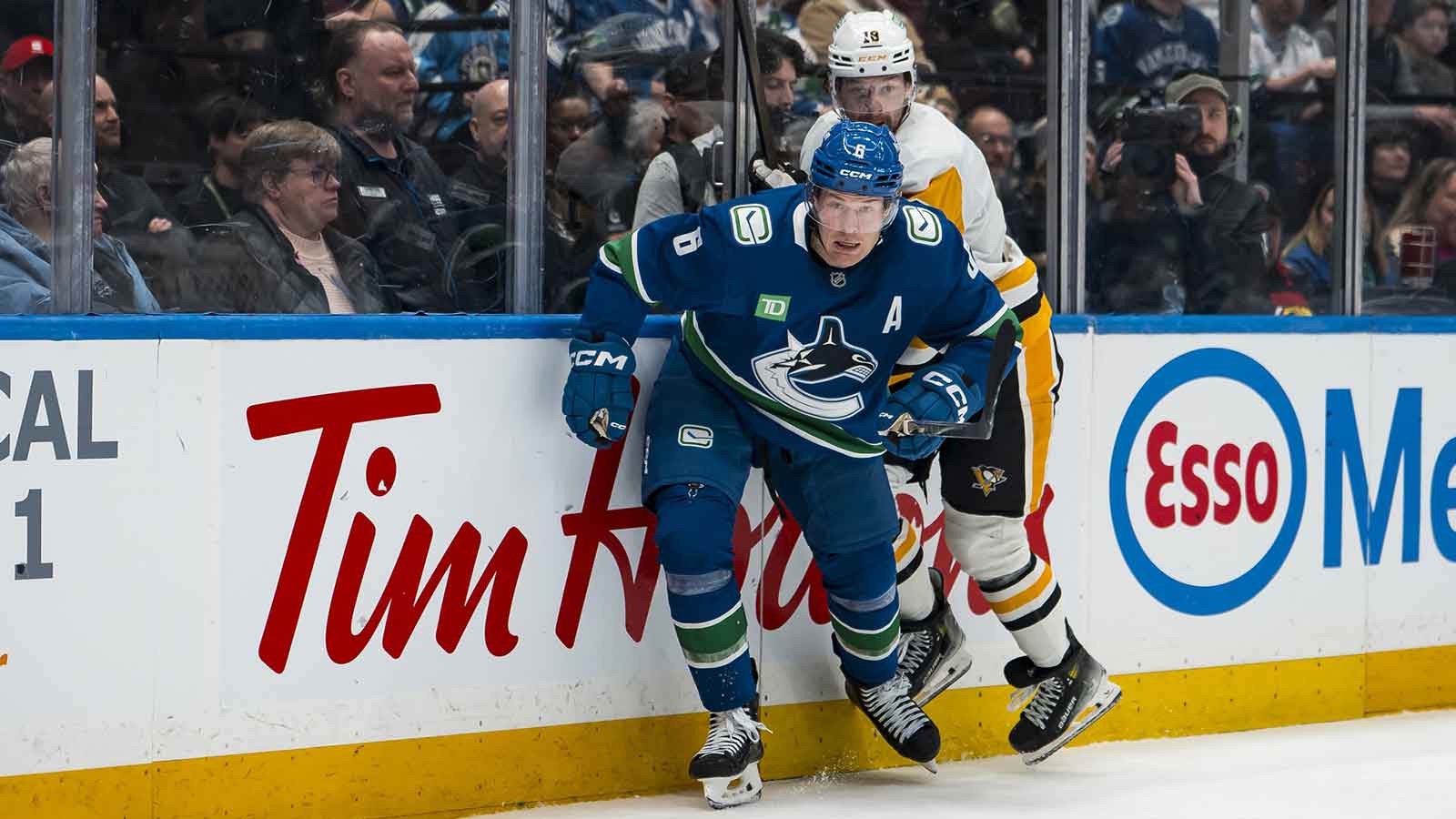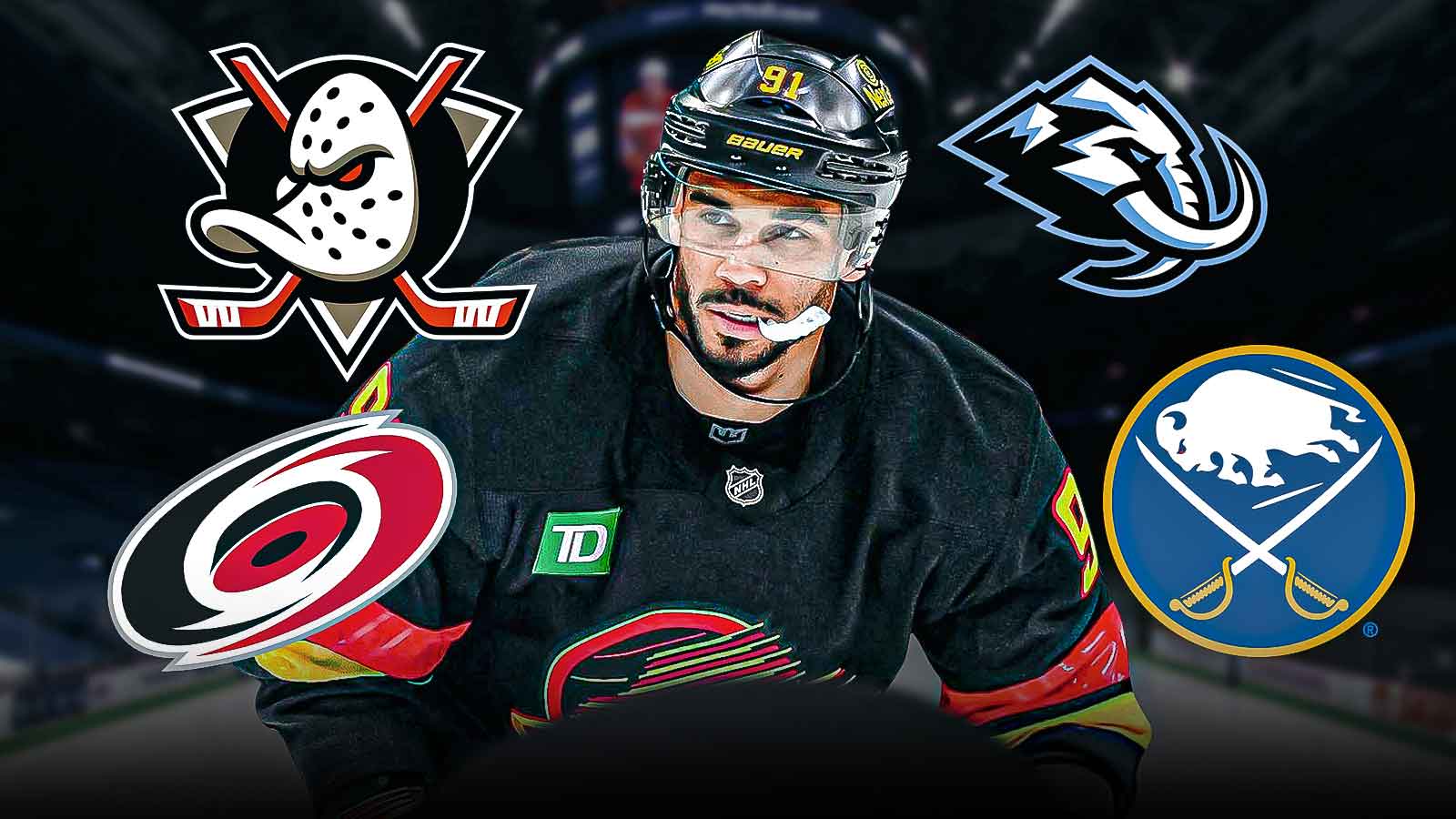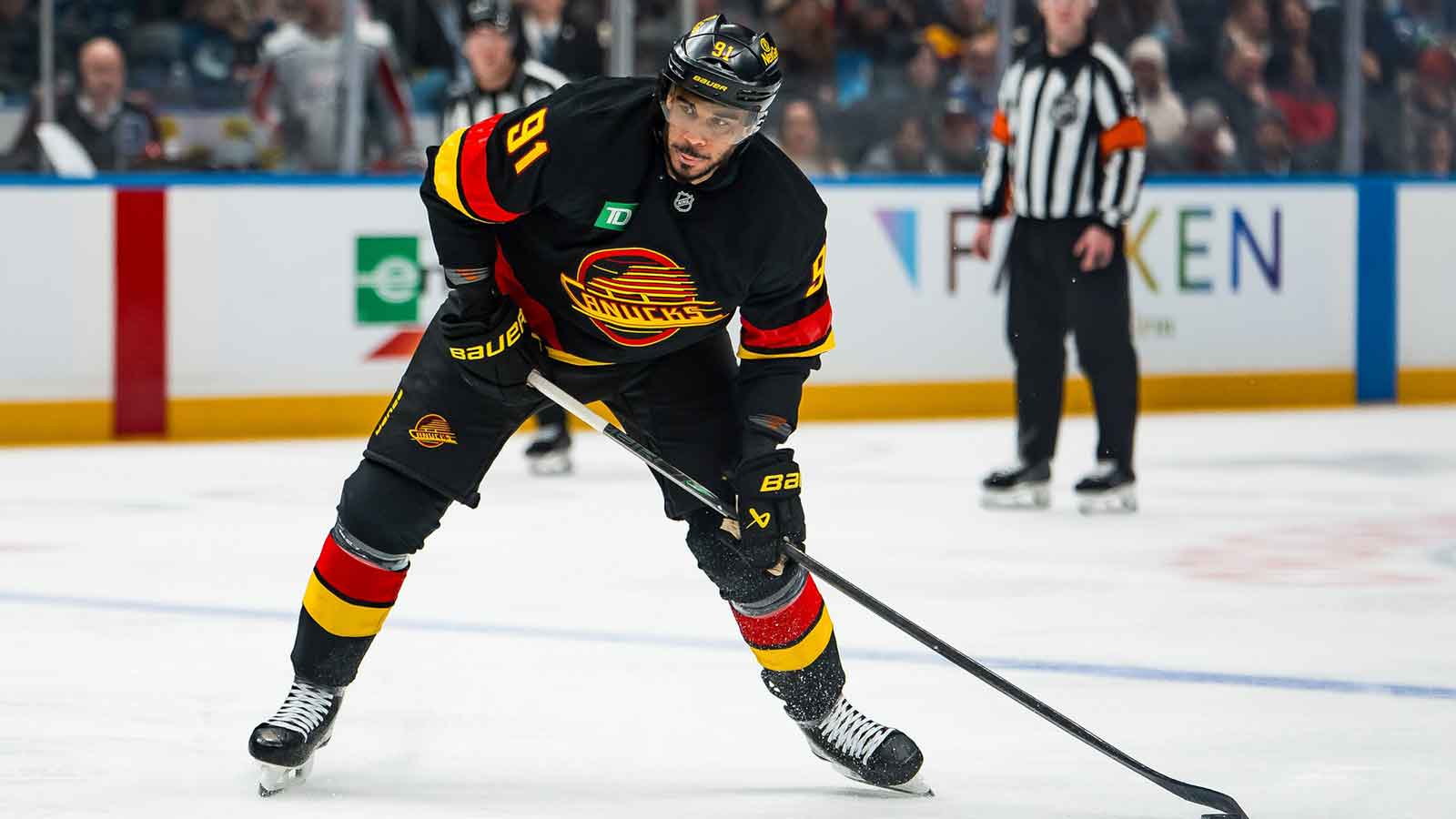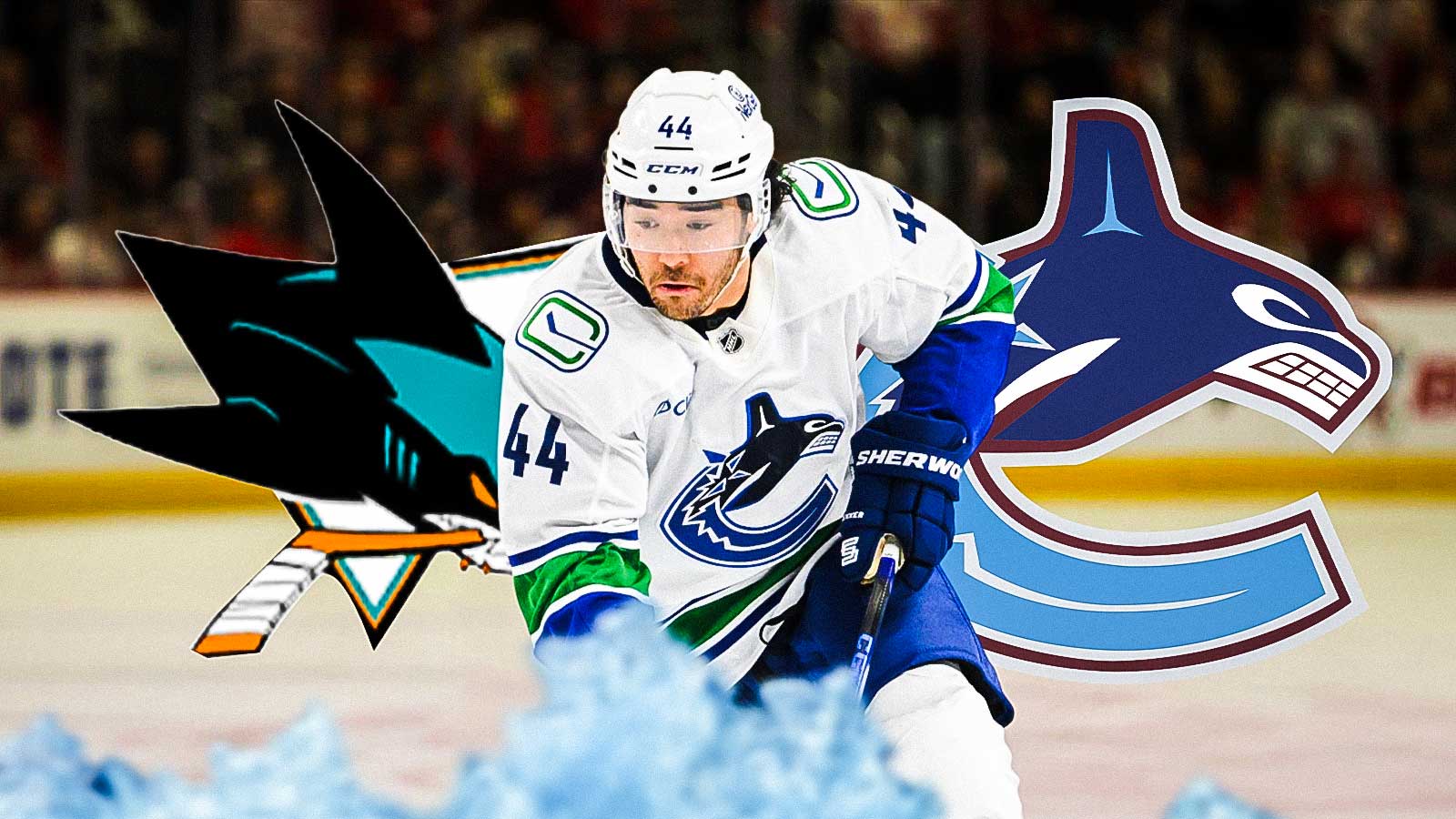The Vancouver Canucks missed the Stanley Cup Playoffs this past season, but are not interested in rebuilding just yet. Vancouver's brass believes there is playoff-caliber talent on this roster. And they want to see this team go for it in 2023-24 despite any cries for a complete rebuild.
On one hand, you have to respect that. It's admirable any time a team wants to win. There are a lot of teams across the NHL and all sports that tear it down as soon as the slightest challenge presents itself. On the other hand, however, this can have tough side effects.
Case and point, the Canucks are over the salary cap as we speak. Now, this is fine in the offseason. NHL teams can go over the cap to some extent before the regular season gets underway. This can usually be solved by placing players on long-term injured reserve.
Vancouver, however, may not be able to make that work. They have candidates to go on LTIR, but scenarios exist in which that isn't enough to clear enough cap space. And in that case, a trade must be made.
The cap dilemma
As of now, the Canucks have two LTIR candidates according to CapFriendly. Forward Tanner Pearson and defenseman Tucker Poolman can go on LTIR once the season begins. Poolman is dealing with concussion symptoms and is not expected to be ready for the start of the season.
Poolman's LTIR placement clears about $2.5 million in space. Pearson, meanwhile, carries a $3.25 million cap hit. However, he is expected to be available in training camp. If he breaks camp on the roster, the Canucks will be over the salary cap.
So, a trade is needed. And Pearson's return actually creates an ideal position for the Canucks to trade from. Vancouver will have five NHL-caliber wingers, Pearson included, fighting for three open spots. Even beyond the cap implications, someone has to go.
The Canucks also have two wingers who have emerged as prime trade candidates. Brock Boeser drew interest around the NHL trade deadline back in March. And Conor Garland's name has popped up this summer. Both of them carry cap hits high enough to clear the required space, as well. So, which one should the Canucks trade?
Vancouver's ideal trade
The Canucks must trade Conor Garland. This works for more than one reason. Obviously, it clears the space they need and it cuts down a crowded group of wingers. But Vancouver is reportedly “active” on trying to move Garland's salary, according to DailyFaceoff's Frank Seravalli.
Boeser and Garland have pros and cons attached to them. Garland has a lower cap hit than Boeser, which certainly means he may prove easier to trade. However, Garland is also under contract for a year longer than Boeser.
Boeser primarily plays down the right wing in Vancouver. Garland, though, has the ability to play on both wings if the situation calls for it. Any acquiring team has a lot to weigh when it comes to these forwards.
At the end of the day, Garland is probably easier to trade. Despite having three years remaining, his contract is easier to digest than Boeser's. If he doesn't work out, then you aren't married to the deal for too long. You could even buy it out in the last year if needed.
On the flip side, if he thrives, then the acquiring team has him for three years at a reasonable cap hit. Moving his salary gives Vancouver the room they need to operate, as well. It's a situation that just works out.

